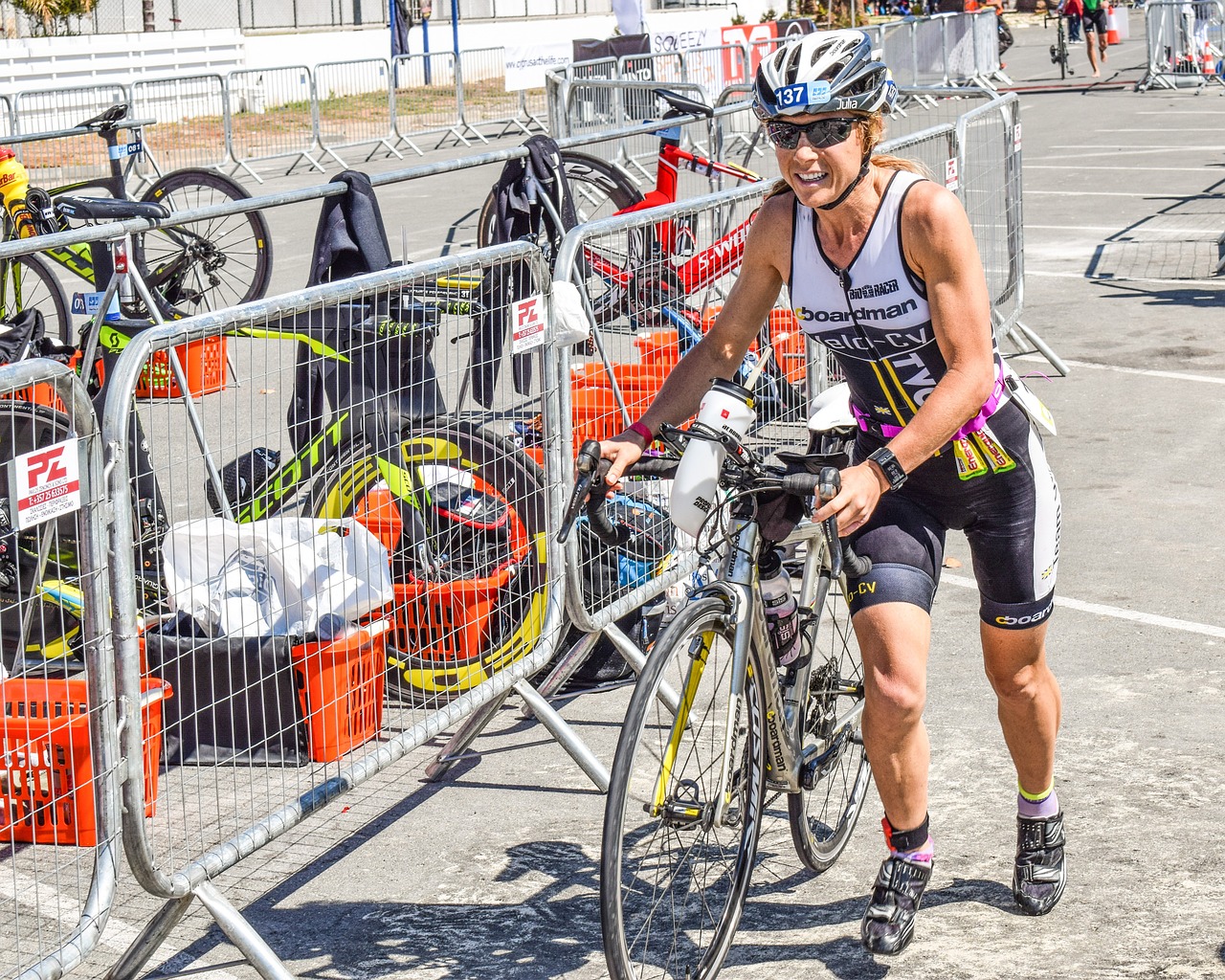The Government’s consultation on the revision of our Highway Code book approaches its finale, British Cycling Policy
Adviser Chris Boardman has today urged the public to voice their opinions. The consultation is the first wide-ranging revision of the code for a whole generation. British Cycling’s response has focused on four main areas: junction priority, close passing, the hierarchy of road users, and cycling two abreast.
Boardman said:
“We know from our experience with temporary bike lanes and low-traffic neighbourhoods that changes which only seem to benefit cycling are likely to face opposition. That’s why it’s important the Government hears from those people who simply want our roads to be safer, civilised.”
“Some will question the usefulness of updating the Highway Code, but as the go-to reference document for courts and instructors, the proposed amendments really do give us the chance to reset some of the core principles which guide how we use our roads. The proposed changes will ensure we all have to look out for those more vulnerable than ourselves by removing many of the ambiguities around how we use junctions and overtake others.
Summary of British Cycling’s response
Junction priority
We support the proposed changes to Rules 2, 3 and 76, and the new Rule H3, which clarifies the existing
ambiguity and states that there should be a universal right to give way when turning.
As we highlighted in our Turning the Corner campaign, two thirds of all incidents occur at junctions.
Close passing
We are also supportive of the proposed wording on overtaking, which removes the existing ambiguity. Our 2019 State of Cycling report found that 87% of British Cycling members are close passed at least once a week, a deterrent to more people cycling.
Boardman: “The police attribute passing too closely as a factor in a quarter of all serious collisions between cyclists and vehicles.
Hierarchy of road users
A formalised hierarchy of road users, which protects the most vulnerable on our roads and places clear
requirements on those who have the ability to cause the greatest harm, benefits us all.
Boardman: “It’s simply a civilised way to use our streets, where those that can do the most harm are
obliged to look after the more vulnerable.





